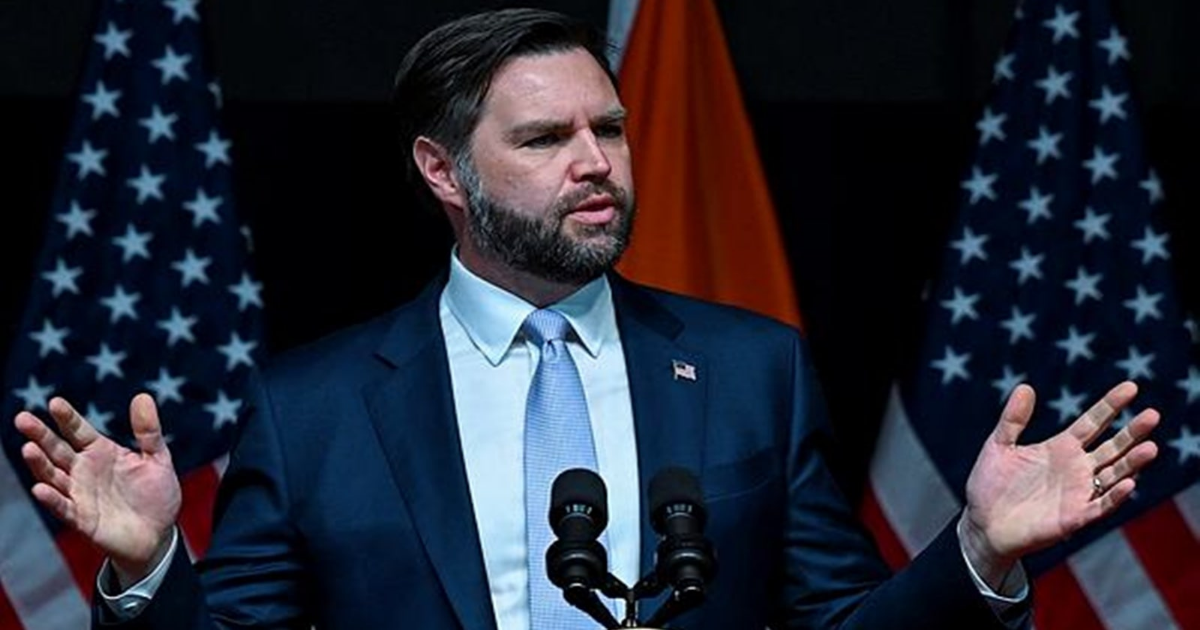US Vice President JD Vance on Tuesday called for closer US-India ties, urging India to remove non-tariff barriers on American products, increase purchases of US defence and energy goods, and focus on manufacturing with the US—without becoming a conduit for goods from other countries.
In an apparent reference to Chinese products entering the US via third countries, Vance said: “We want to build relationships with foreign partners who respect their workers, who don’t suppress wages to boost exports, but instead value their labour. We want partners committed to working with America to build things—not those who merely allow themselves to become a conduit for transshipping others’ goods.”
Story continues below this ad
This comes amid a rising US trade deficit with the rest of the world, even as direct US-China trade has declined since former President Donald Trump launched a trade war with China in his first term. The US trade gap with countries such as Vietnam, Mexico, and even India has widened since the 2018 tariffs on China.
Must Read | Why Vice President J D Vance is much more than just an American vice president
Vance said that critics have attacked President Trump for starting a trade war in an effort to bring back the “jobs of the past”.
“Nothing could be further from the truth. He [Trump] seeks to rebalance global trade so that America, with friends like India, can build a future worth having for all our people,” Vance said at the Rajasthan International Centre in Jaipur.
“In our meeting yesterday, Prime Minister Narendra Modi and I were especially excited to formally announce that America and India have officially finalised the Terms of Reference (ToR) for trade negotiations. I think this is a vital step,” he added.
The Indian Express reported on April 2 that, following intervention from the Prime Minister’s Office (PMO) to expedite the trade deal, India finalised the ToR just ahead of the scheduled implementation of reciprocal tariffs.
‘Explore natural resources’
Vance said India should tap into its own offshore natural gas reserves and critical mineral supplies.
“America is blessed with vast natural resources and an unusual capacity to generate energy—so much so that we want to sell it to friends like India… we also want to help India explore its considerable natural resources, including offshore natural gas and critical minerals. We have both the capacity and the desire to help. Moreover, we believe energy co-production will help us beat unfair competitors in other foreign markets,” he said.
‘Global race for manufacturing is heating up’
Vance said that neither Americans nor Indians are alone in seeking to scale up their manufacturing capacity.
“The competition extends well beyond cheap consumer goods into munitions, energy, infrastructure, and a whole range of cutting-edge technologies. I believe that if our nations fail to keep pace, the consequences for the Indo-Pacific—and indeed the entire world—could be quite dire,” he warned.
He added that both countries had much to offer each other. While the US boasts world-leading hardware, including artificial intelligence technology, India has “one of the most exciting start-up technology infrastructures anywhere in the world”, Vance said.
